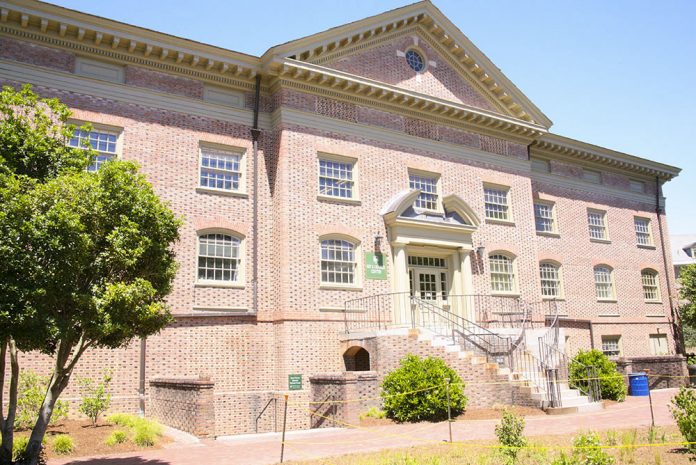
At the Nov. 12 meeting of the College of William and Mary’s Student Assembly, senators passed the Code Attendance Policy Amendment of 2019 Act, which reexamines SA’s policy on excused and unexcused absences.
The SA Policy committee decided to create an amendment regarding attendance after former Sen. Liam Watson ’20 received an attendance review after incurring excessive committee absences. Watson filed a case to SA’s Review Board, which ultimately deemed that SA had no official codified policy on excused and unexcused absences. Thus, all absences accumulated by a senator will count as an absence.
“There is no distinction here between “excused” or “unexcused” absences,” wrote Review Board Chair Hank Blackburn ’20. “The Code only states that attendance review happens after three absences, full stop, independent of the practice of the Senate. We have varying opinions on what the usefulness of the “excused” and “unexcused” terms mean and are probably used for, but the Code seems unambiguous—three absences of any sort necessitate an attendance review, and a bill of impeachment is automatically introduced after the second attendance review (independent of whether anyone decides to pass the bill).”
Currently, SA code states that “each Senator is allowed three absences per semester. After every third absence, the Senator will come before the Senate, at the following meeting, to explain his or her reason(s) for not being present at the missed meetings. A senator shall be notified that he or she is up for attendance review prior to the general meeting.”
According to current code, after a senator receives six absences, they receive their second attendance review and an article of impeachment is automatically filed against the senator.
The new amendment seeks to rectify the confusion in the code over whether absence can be counted excused or unexcused. According to the new policy, undergraduate senators will receive one absence for missing a senate-wide meeting or initiative as well as half an absence for missing one of their assigned committees. Graduate senators will receive a full absence for missing a committee. The amendment still outlines absences considered excused, despite those absences still counting against a senator’s attendance.
In addition, the amendment removes the attendance review from the public meetings to a private meeting between the Senate Chair and Secretary, as well as any involved Committee Chairs. It also changes the filing of an automatic bill of impeachment from eight absences for both undergraduate and graduate senators to eight for undergraduate senators and 12 for graduate senators.
The senators split discussion around the amendment into three components: the difference between excused versus unexcused absences, the differences between graduate and undergraduate senators’ allotted absences and the role this will play in affecting graduate senators’ attendance.
Sen. Nick Wheaton M.B.A. ’20 contested the fact that this policy would affect graduate senators’ attendance positively.
“Hypothetically speaking, the current state means I could miss 12 Sundays of committees, because it’s half an absence under the new system, by the way that’s per semester,” Wheaton said. “If I were malicious or lazy or whatever, I could miss 12 Sundays throughout the whole year. So, the statement about getting more absences is just not accurate. It’s not correct.”
Contrastingly, Will Wasson J.D. ’21 argued that this bill’s increased amount of absences for graduate senators would play a large role in their attendance and allow for more flexibility for graduate student attendance.
“Under the new system, graduate senators will get substantially more absences than undergraduate senators,” Wasson said. “And so I agree that as a whole we get an equal amount based on the old system, but the old system doesn’t matter anymore once we replace it. A lot of us will be senators again, there’s not a lot of turnover for graduate senators. Graduate senators won’t even know that they had the same amount this year; they won’t care, won’t matter, so this will just be the new attendance policy.”
Also at this week’s meeting:
- SA Vice President Ellie Thomas ’20 and Chief of Staff Abhi Chadha ’20 gave a presentation on the Tribe Funding Refugee Fund, which the Senate aims to raise $7,000 for by December. This fund will provide scholarships to refugees attending the College.



































